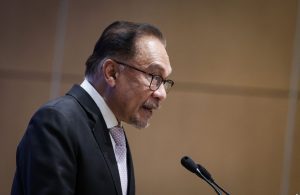Source: AAP
Hundreds of submissions have been sent to a parliamentary committee investigating the third party certification of food, with halal the hot topic.
More than 500 submissions have been made in preparation for a Senate committee investigation into the hot topic of the halal certification of food in Australia.
The majority voiced opposition to the existing system, with many raising the question of whether the  money ends up in the pockets of overseas organisations.
money ends up in the pockets of overseas organisations.
“I have no desire to eat halal blessed food and resent having to pay for the process,” one said.
A father of five recalled his difficulty in finding non-halal certified products at his local supermarket.
Another suggested a user-pays system, which would result in the costs of having halal certification borne by those who wish to buy it.
“The rapidly expanding halal certification industry is imposing its Islamic tax on farmers, industry, transportation, retailers and customers in Australia,” a couple wrote.
But others supported the third-party certification.
“Do not bow to the whims of a bigoted minority and make changes to the current laws,” one wrote.
“Most non-Muslims, like myself, have no problem consuming food that has been labelled halal, in the same way that I have no problem eating food that has been labelled, kosher or organic.”
Halal labelling is good for the economy and fosters a rich multicultural society, Duncan Willis said.
Another claimed the inquiry, initiated by Liberal senator Cory Bernardi, was aimed at the issue of halal food, with other issues – such as organic, kosher and genetically modified – simply a “convenient cover”.
“Please do not let the ignorance and fear of a small minority of vocal Australians carry our great nation further into bigotry and tribalism,” Kylie Nuemann said in her submission.
John Band wrote to senators saying he was struggling to understand the relevance or necessity of the inquiry.
“Third-party certification is a voluntary scheme entered into by Australian farmers in order to maximise export sales and command a price premium domestically,” he said.
The Senate committee will report back to parliament in November.



